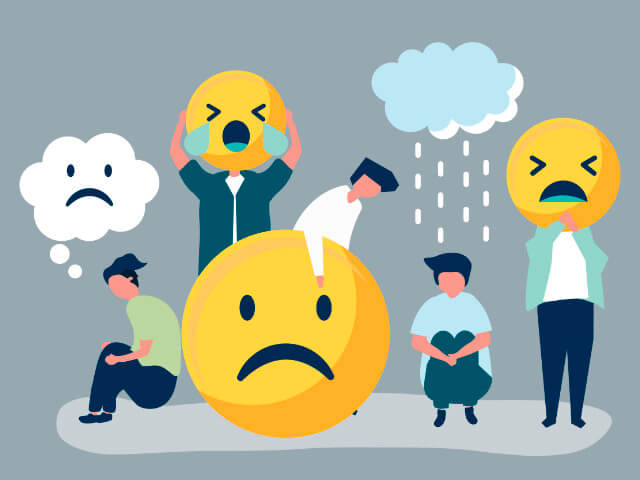Have governments and communities been putting in as much effort as they need to to combat climate change?
This is such an important question to ask!! Often when we make positive changes in our own lives to lower our carbon footprint, or be more climate aware, we ask ourselves Is what I’m doing being reflected by my wider community? Or, Are the changes I am making being supported by decision makers?
First, when looking at the national government, the answer is unfortunately no. In the last decade, Australia’s government has been notably weak in its response to climate change. Internationally, other countries have found it difficult to work with Australia on climate change policy, and whilst Australia has made a lot of international promises on reducing carbon emissions, the actions needed to do this have not happened yet.
But – here is some better news - recent government changes in Australia show that significant positive change is possible. Communities are raising their voices and expressing their opinions on important issues – and this has real and tangible impacts. Community efforts can have a big influence on government priorities, which are strengthened when we all step up and engage with more. Sometimes it can feel like the government operates in contrast to society and what people actually want, especially in recent years. Government can seem like this distant power away from us all. But it is important to remember that government represents us and our values and priorities. We elect politicians to make decisions for us, we protest when we disagree with the direction of their policies, and we demand change when we see thing not going the way we want.
In the past few years, Australia has seen a meaningful shift on climate issues. For example, the bushfires and flooding we have seen over the past two years have made communities stand up, ask questions, and demand changes in the national government’s actions on climate. We’ve also seen more political engagement from young people – including the school strikes for climate. This has had a big influence on the wider climate conversation in Australia and had positive impacts in local communities, state governments and now the national government too. A lot of politicians who are determined to see climate action were elected in the recent federal election. And the new government has taken immediate action. After being elected, they quickly announced the Climate Bill 2022 and put strong carbon emissions reduction targets into law: a 43% cut by 2030 and a reduction to net zero by 2050.
Engaging in the political process has real impact – but it’s important to remember that this goes beyond just voting. Having conversations about climate within your family, friends, classmates, and communities is also key. You can have a say by emphasising why climate action is important to you and your future. You can join other young people in protesting for the changes you want to see, or by raising awareness about the concerns you have. By being the change you want to see - and putting in the effort to engage - your community and government will follow.











